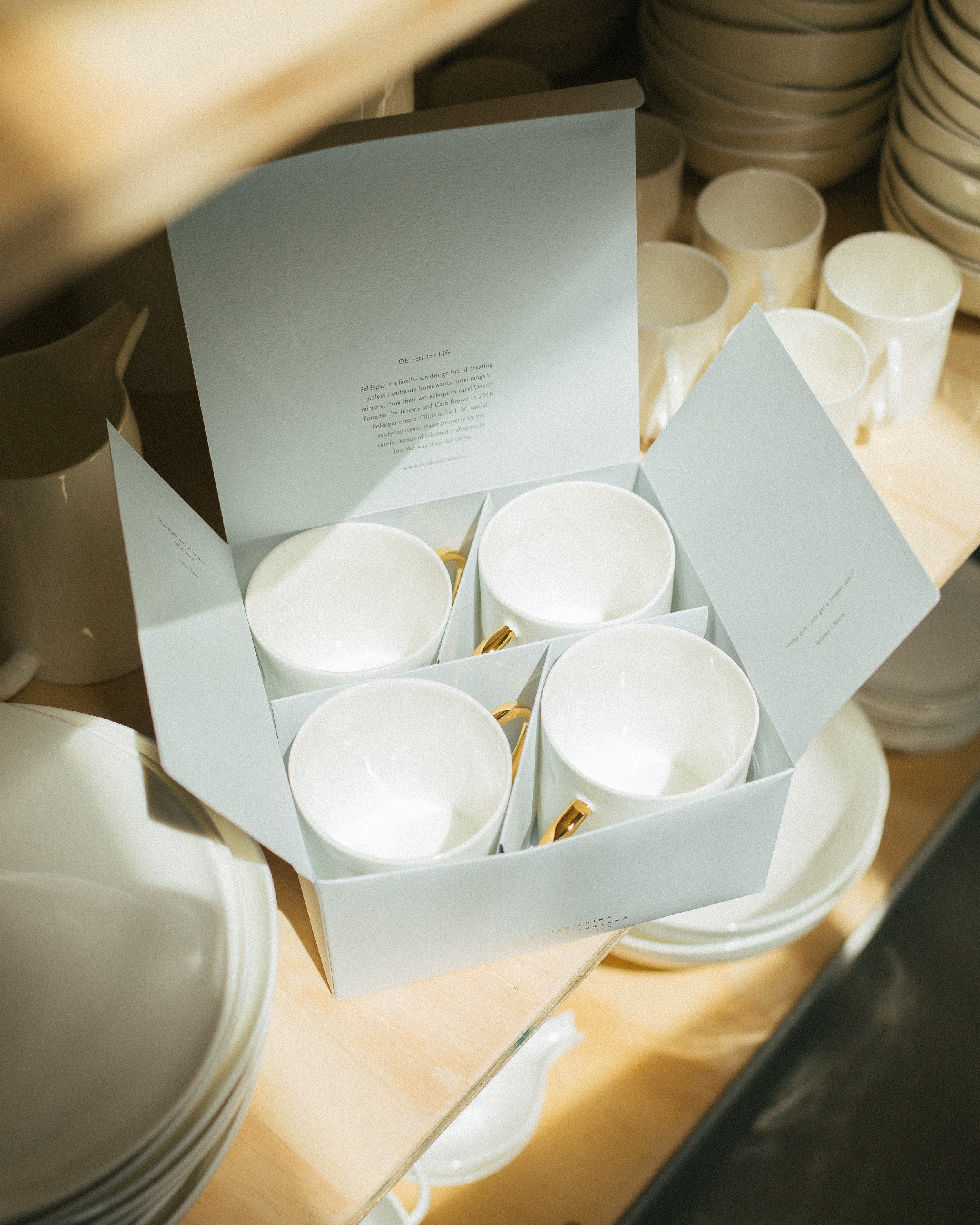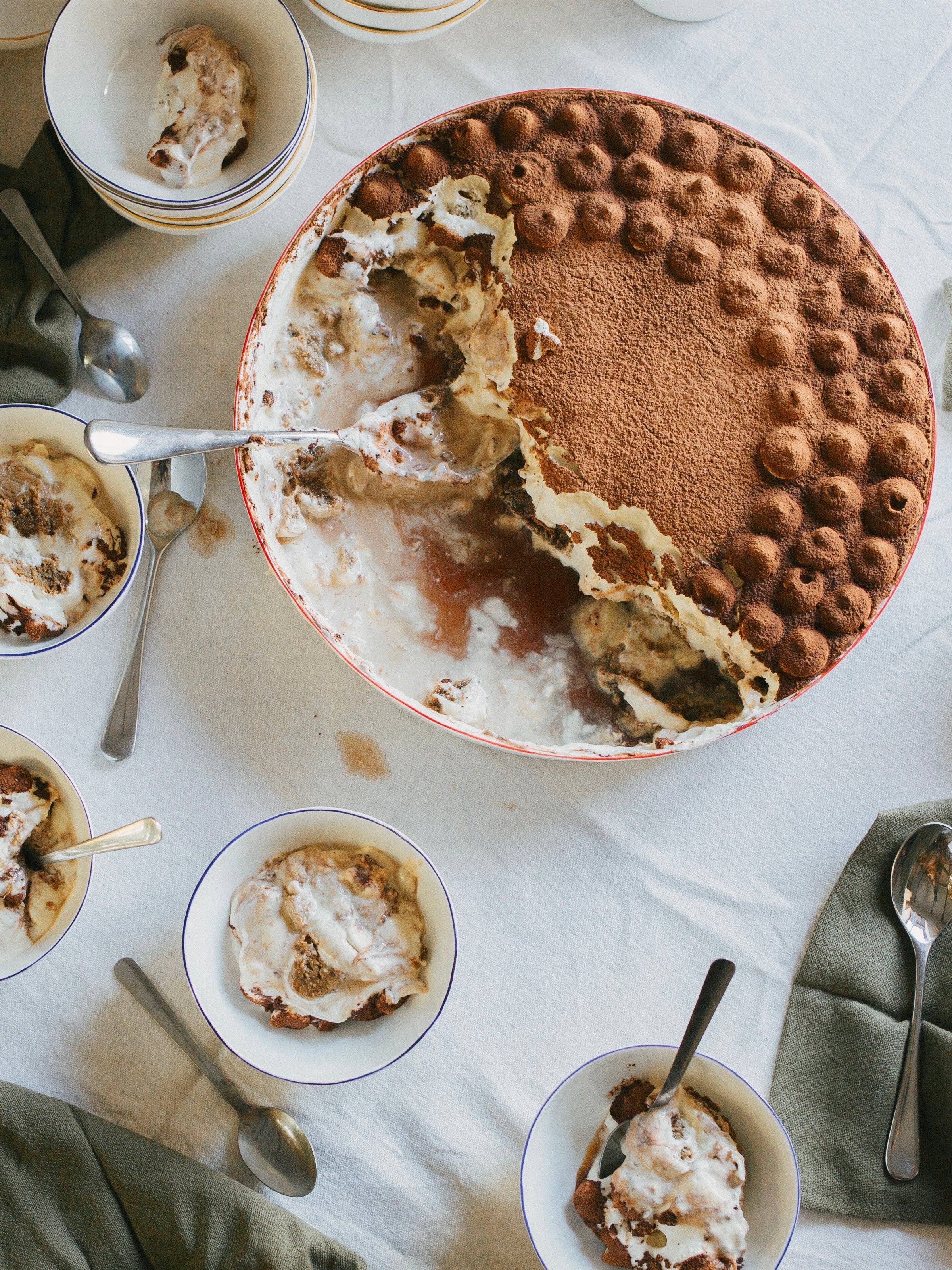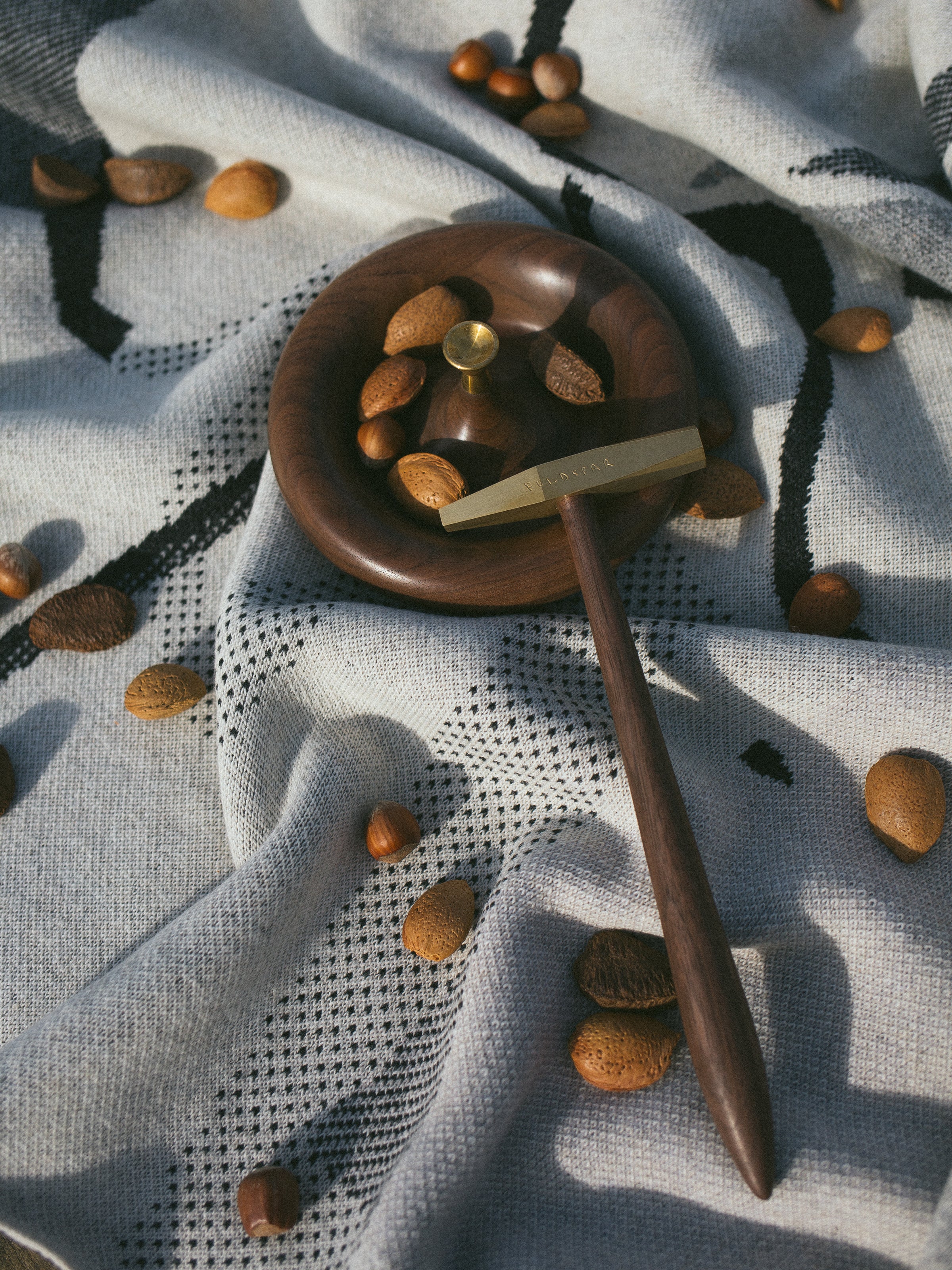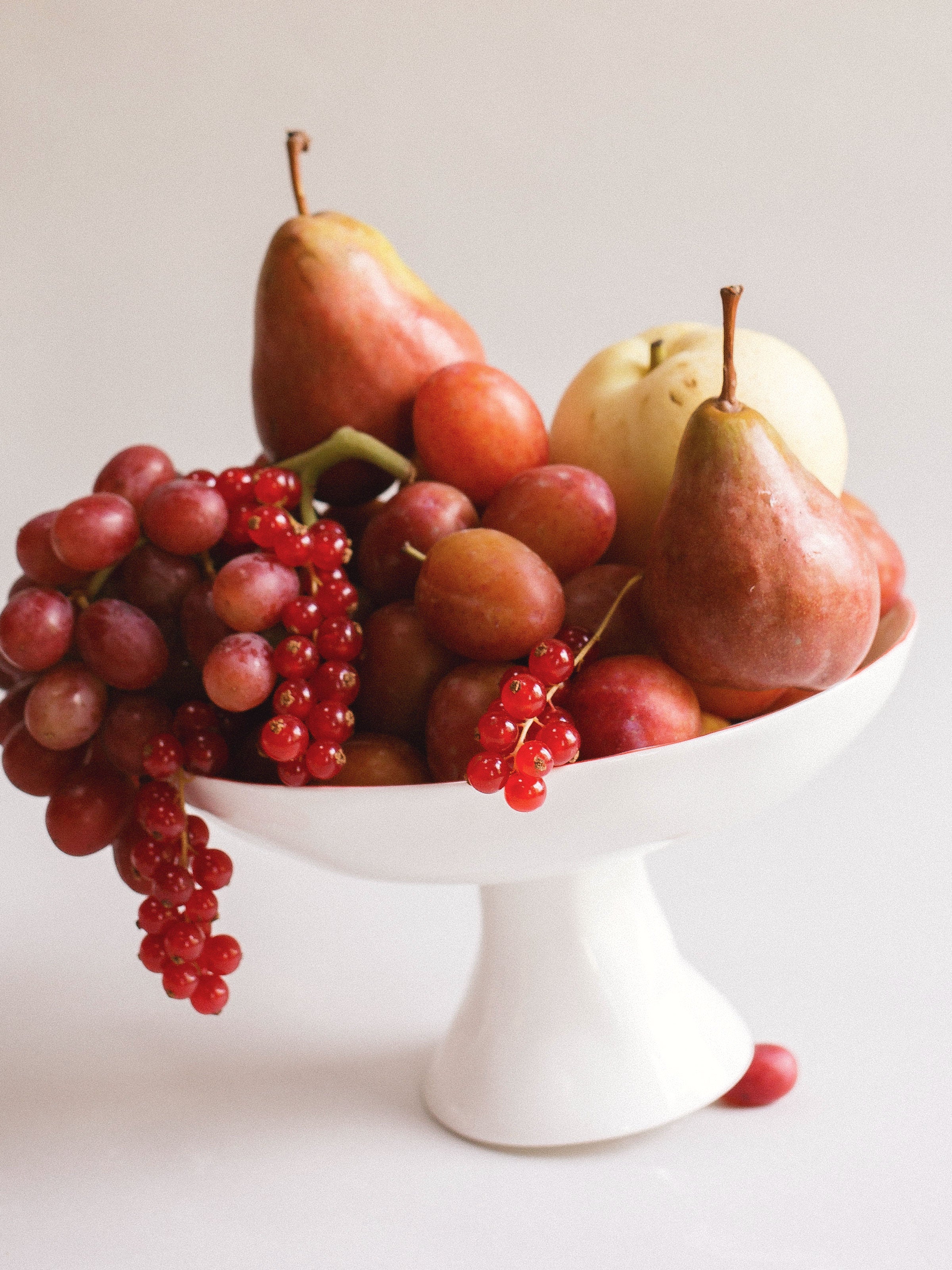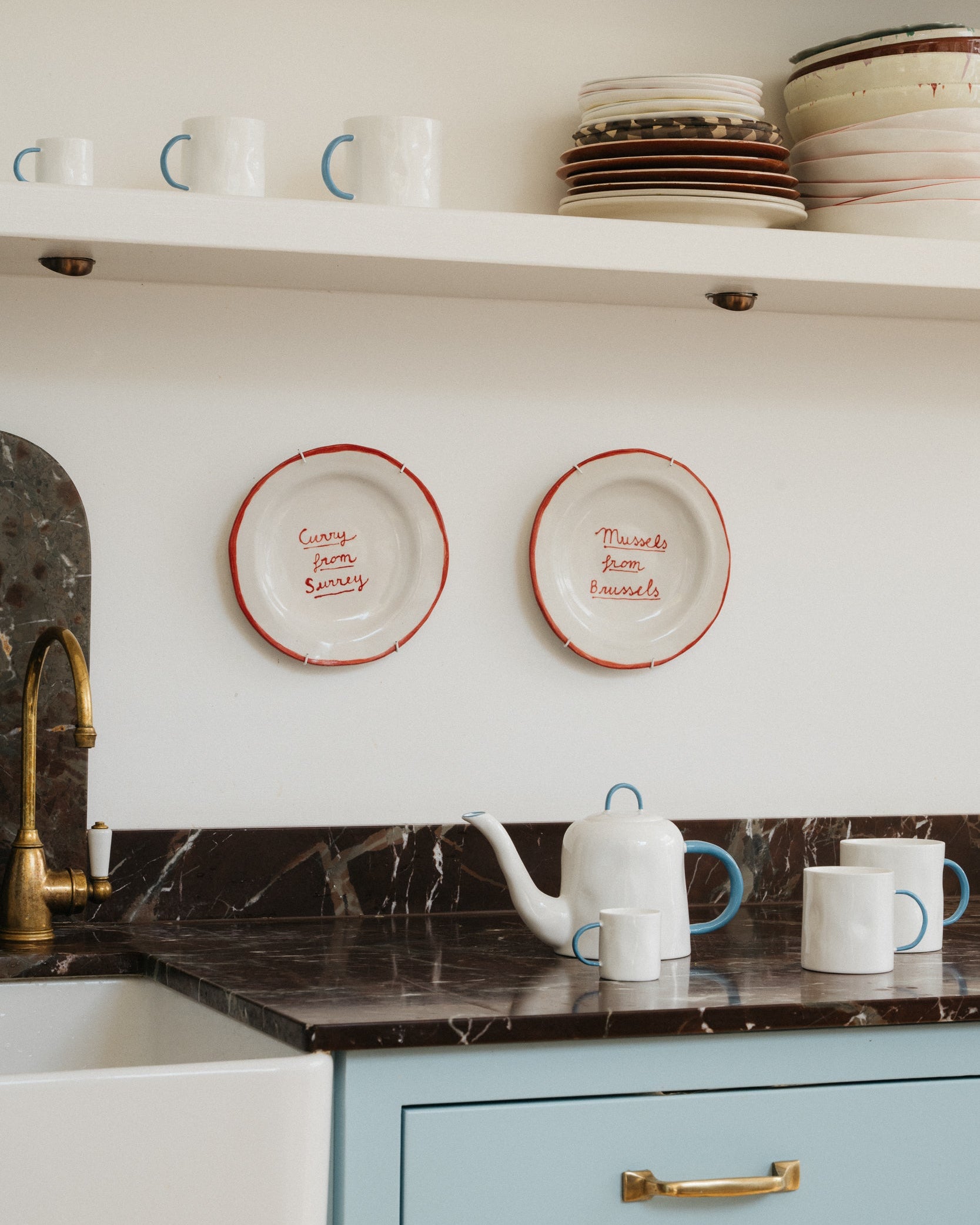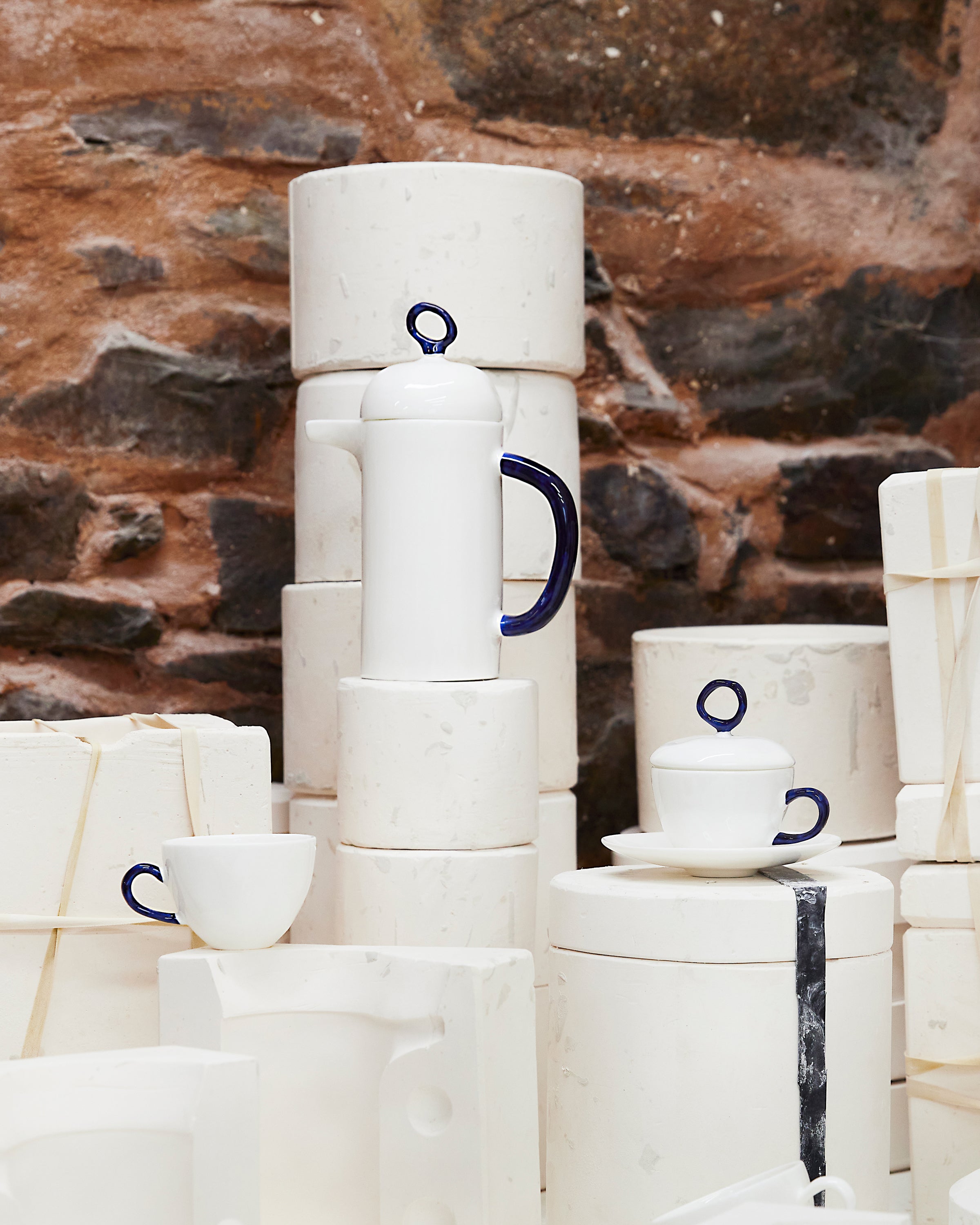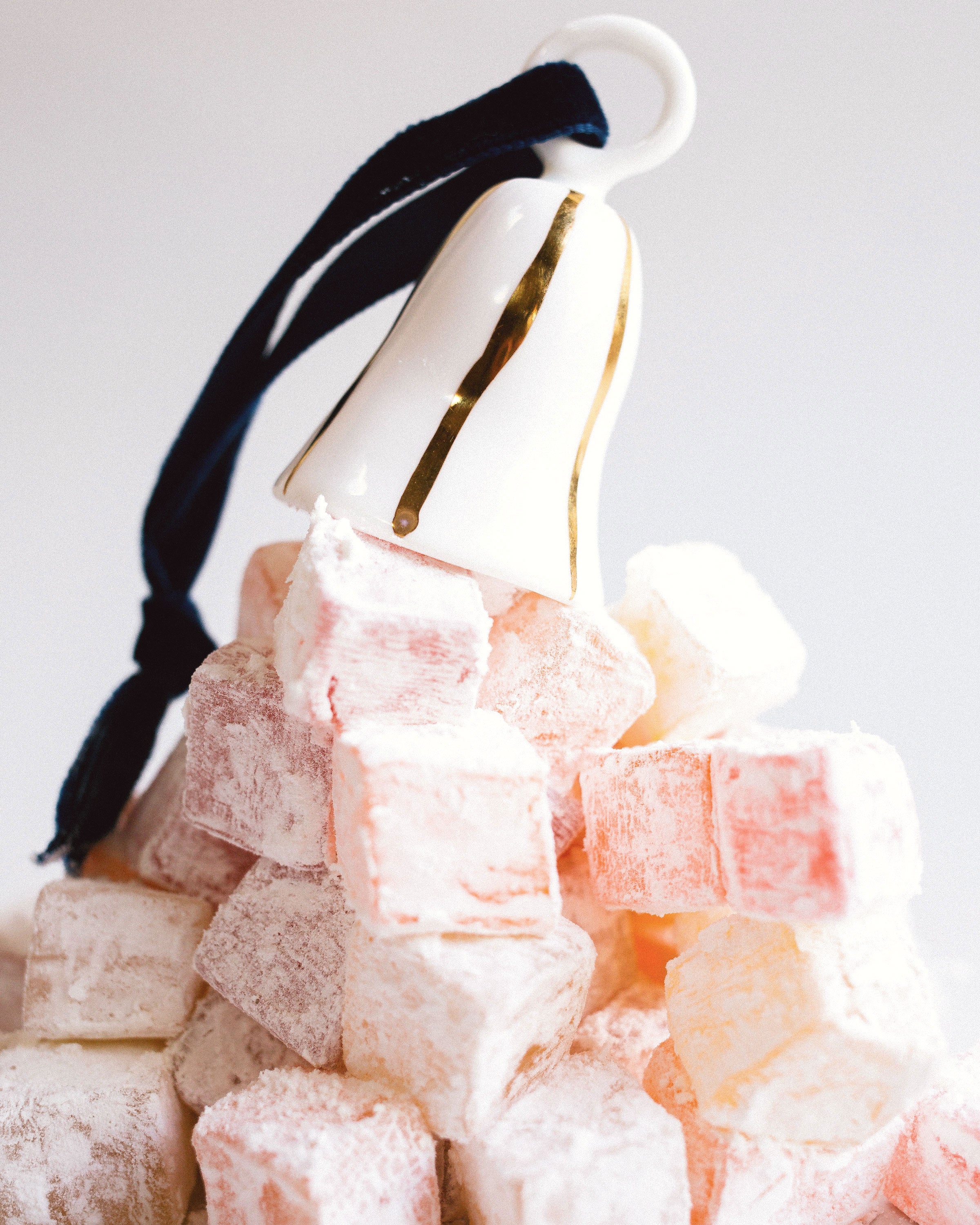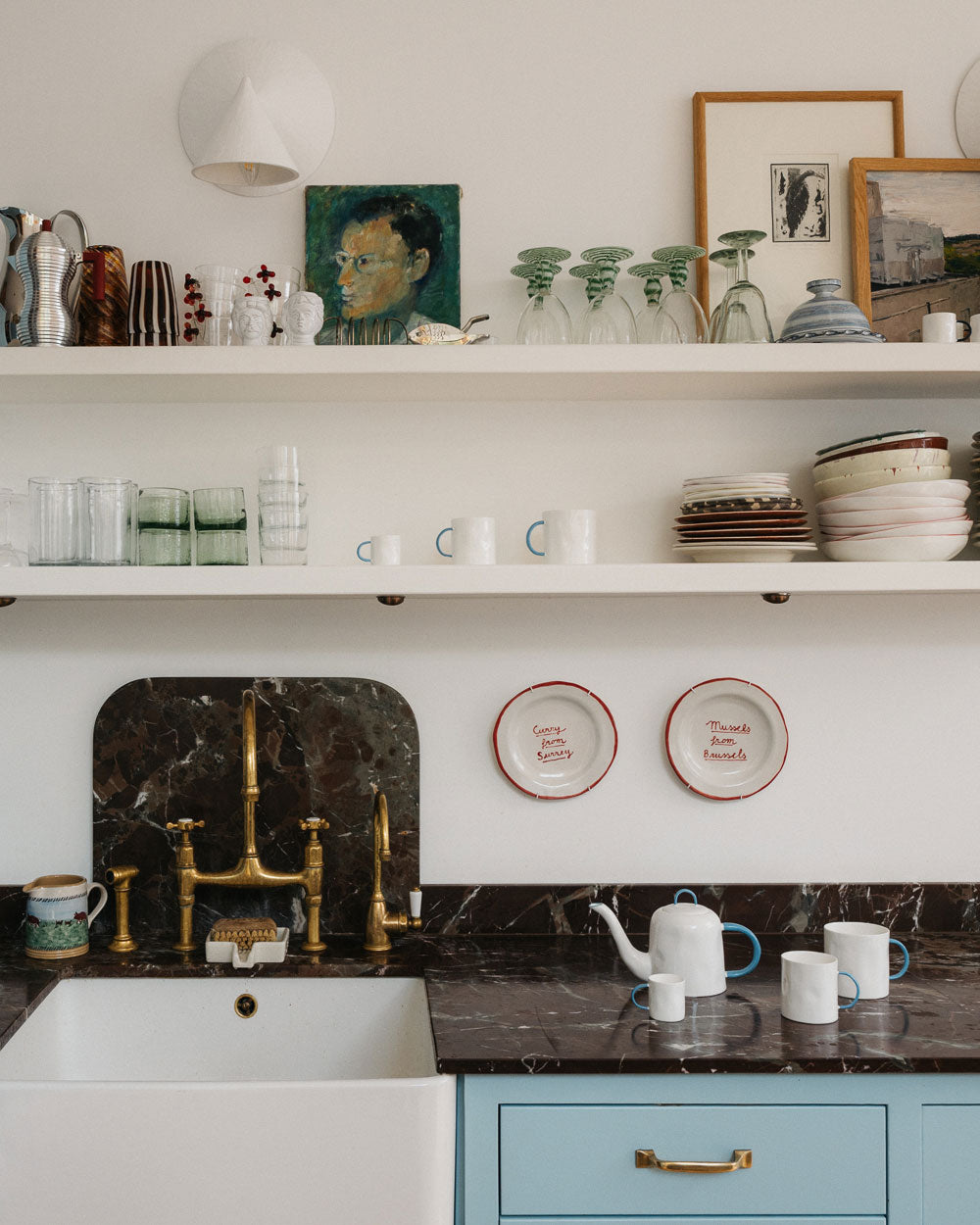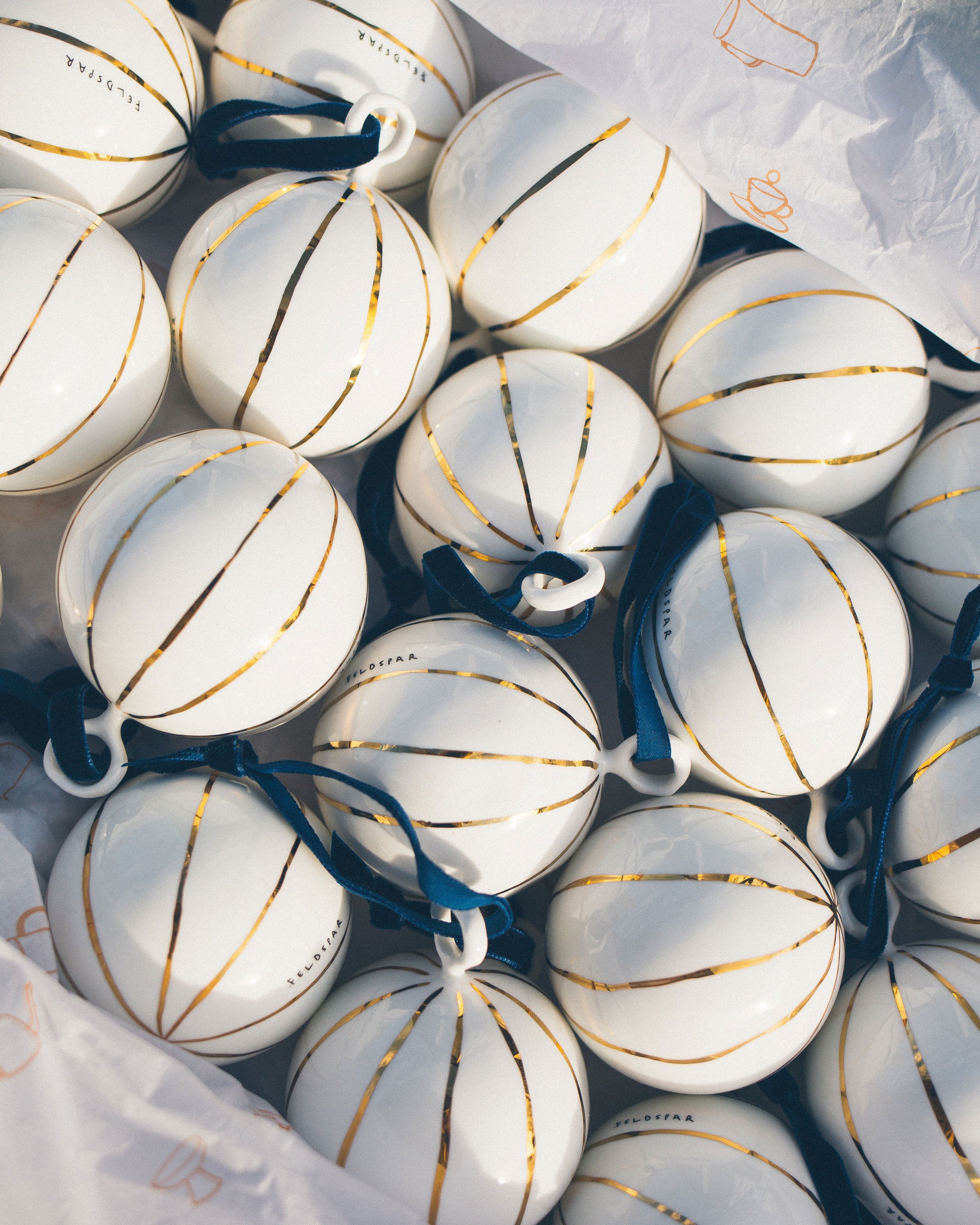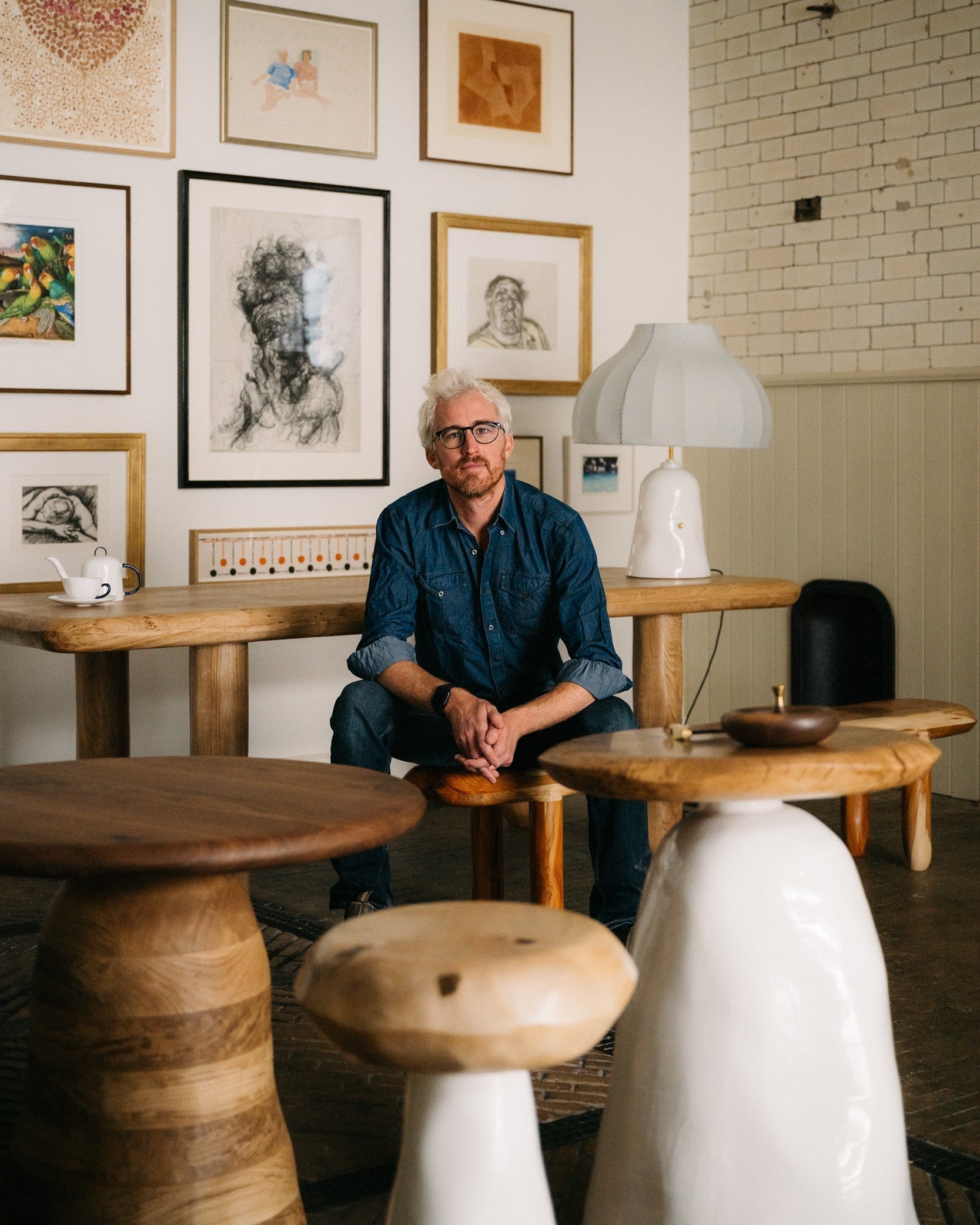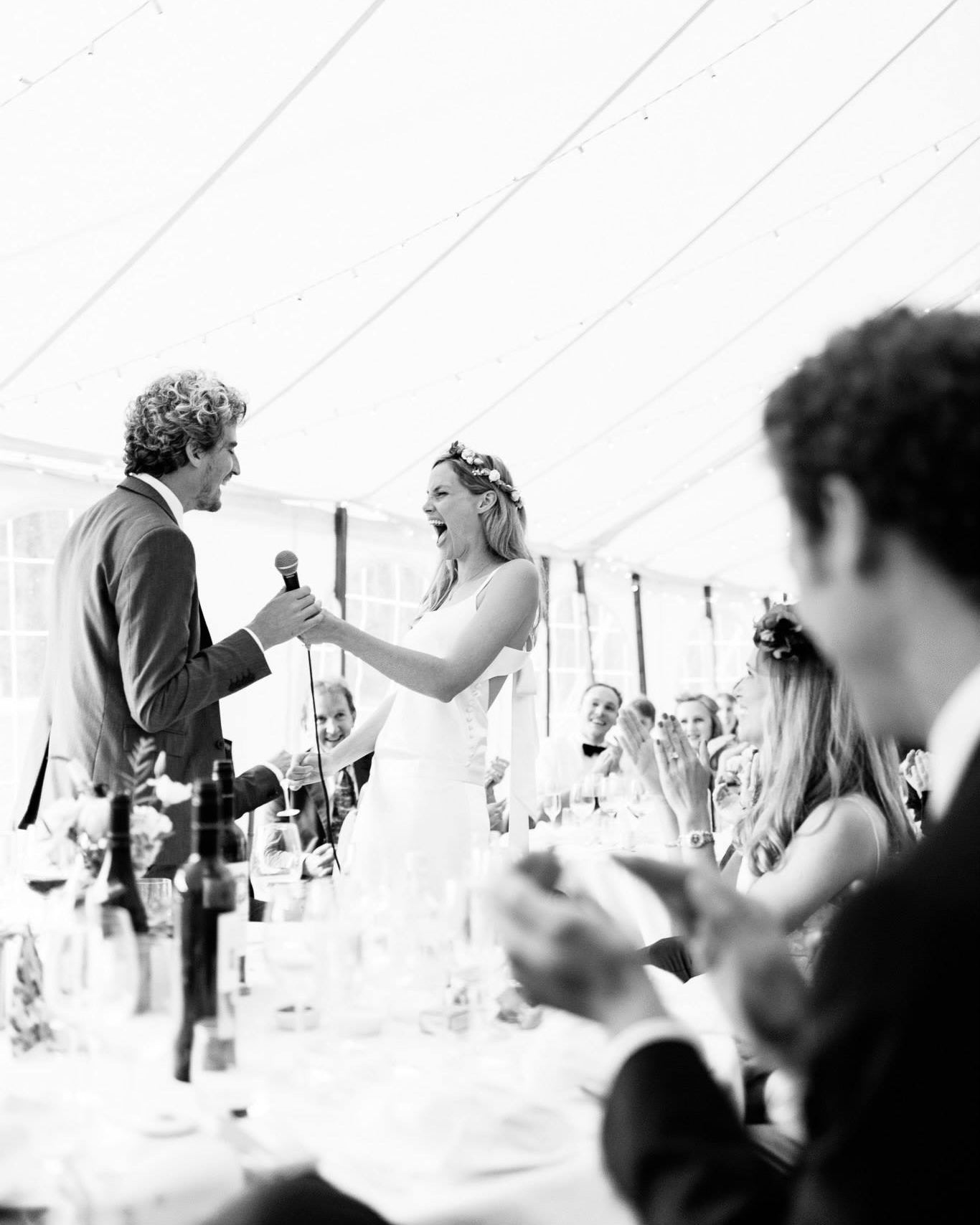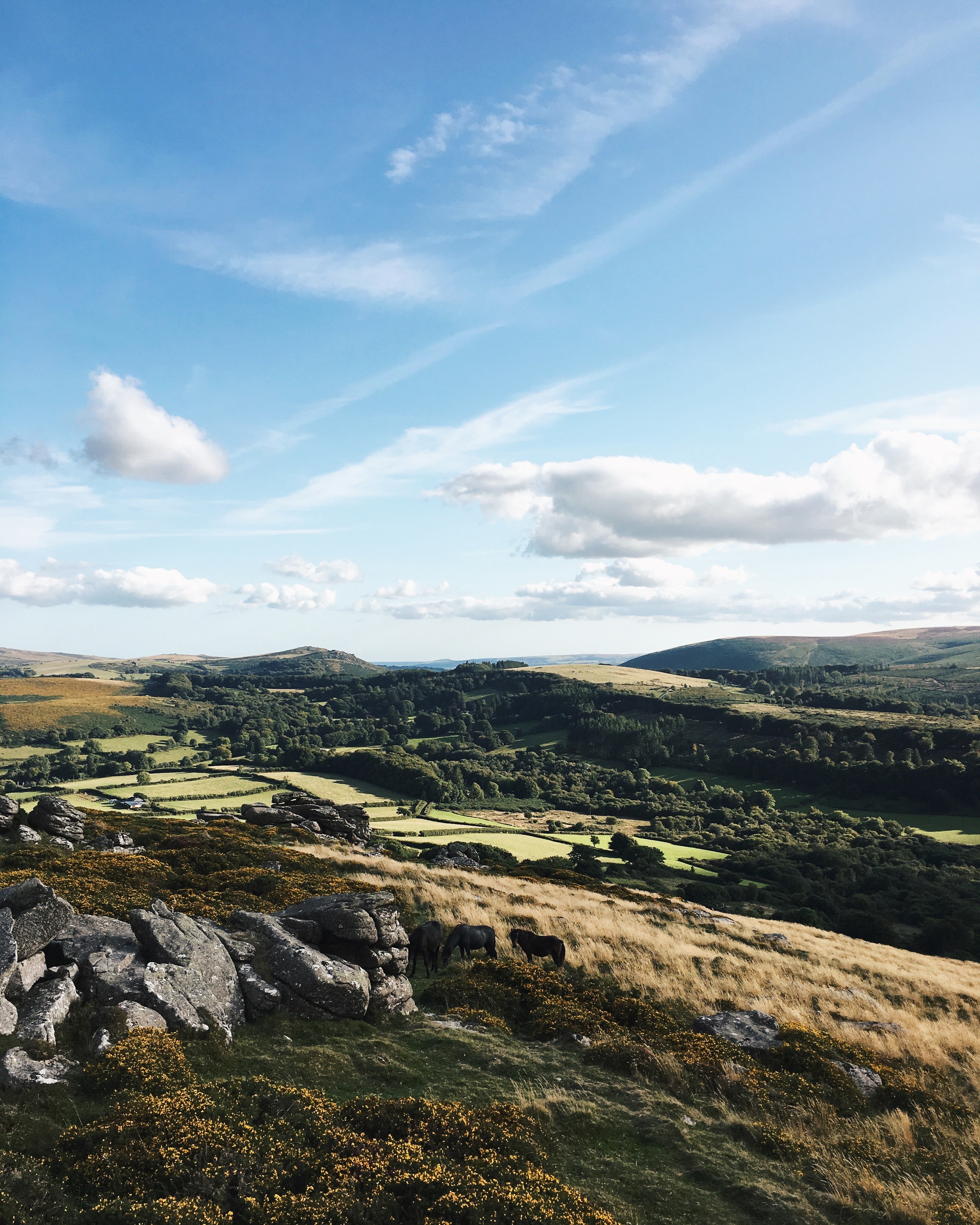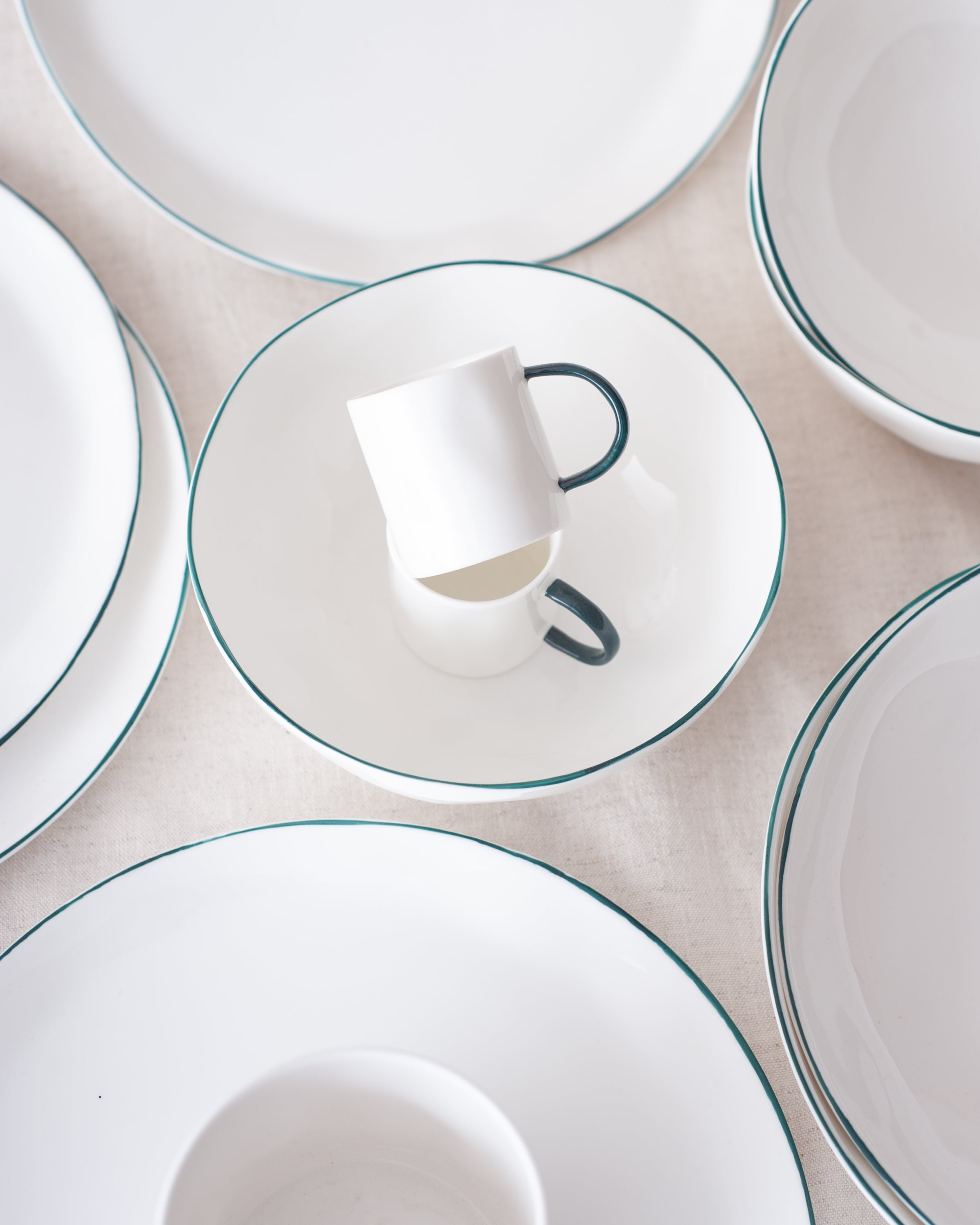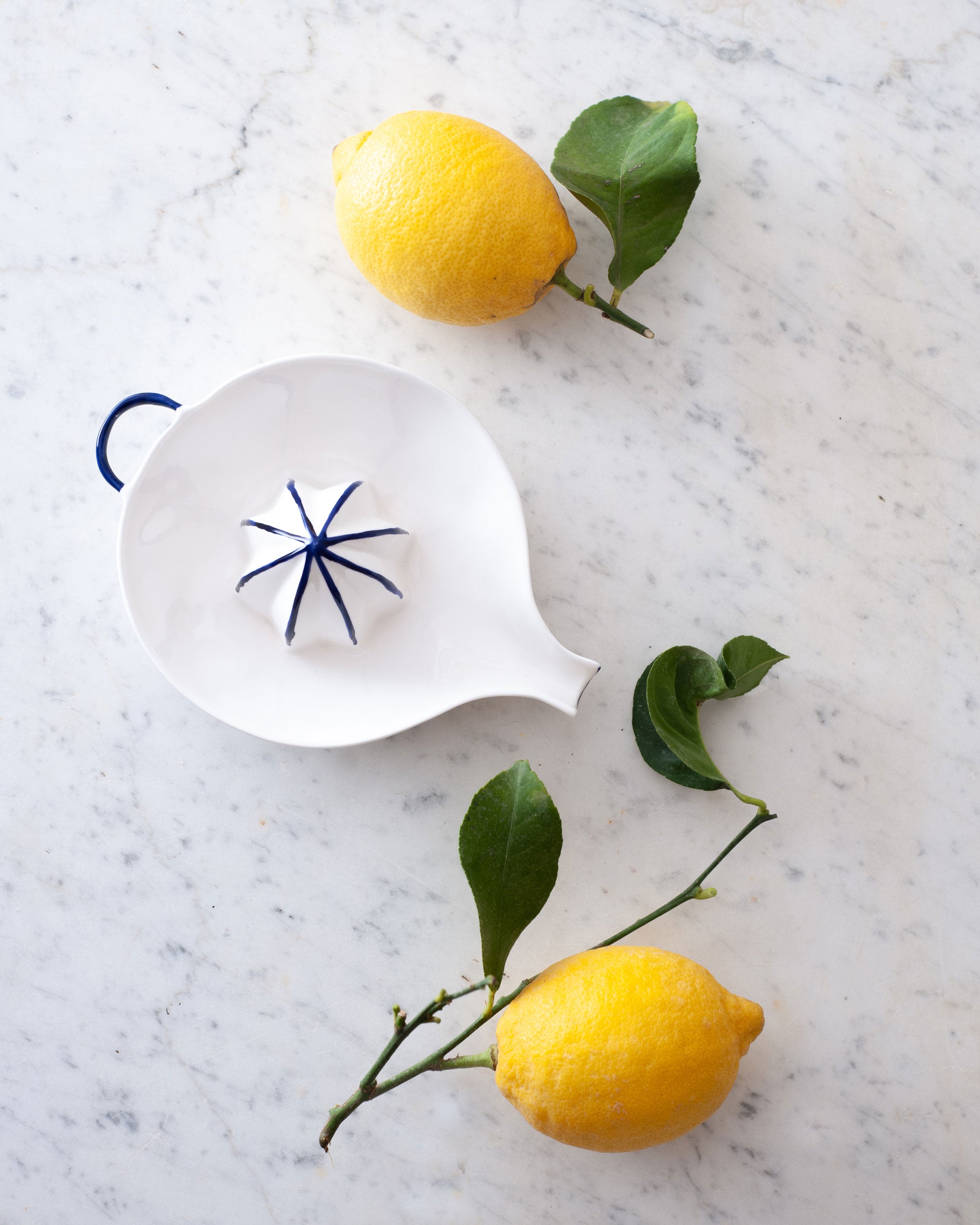The importance of making things properly
When we started Feldspar we knew we wanted to make things properly, how things used to be made, with care and attention and the best materials we could find locally. We wanted to make things that were beautiful and functional, to be used everyday, for ever. ‘Objects for life’ we call them. We were always inspired by items our grandparents had that were tens or even hundreds of years old but still worked perfectly, still serving a purpose all those years later, when the people who designed them couldn’t have begun to imagine the intricacies of the world we now inhabit.
 So when we decided to work with fine bone china, we went straight to Stoke-on-Trent, where the material was invented, where there is the generational knowledge of the material. We compiled a list of manufacturers, and went through calling them all, only to find that 90% of them had closed or moved all their production halfway across the world. But we did find Tony and his wife Heather, who between them run a small factory making fine bone china products from scratch (it’s quite common now in Stoke to buy in the whiteware from China and just decorate it, and still claim it’s made in England). So, working with Tony and Mark - the professional mould-maker - we started testing and producing our designs, gradually making more and more and adding new designs as we could.
So when we decided to work with fine bone china, we went straight to Stoke-on-Trent, where the material was invented, where there is the generational knowledge of the material. We compiled a list of manufacturers, and went through calling them all, only to find that 90% of them had closed or moved all their production halfway across the world. But we did find Tony and his wife Heather, who between them run a small factory making fine bone china products from scratch (it’s quite common now in Stoke to buy in the whiteware from China and just decorate it, and still claim it’s made in England). So, working with Tony and Mark - the professional mould-maker - we started testing and producing our designs, gradually making more and more and adding new designs as we could.


And so here we are, with a ceramics workshop in Devon - and while Tony now makes more than ever for us (about a third of our total production) for everything else, especially trialling prototypes or for those extra fiddly bits (lemon squeezers, I’m looking at you) we have a fully functioning ceramics workshop on the edge of the moor here in Devon, with two big kilns and a team of 6 artisans to make and send Feldspar wares all over the world.


